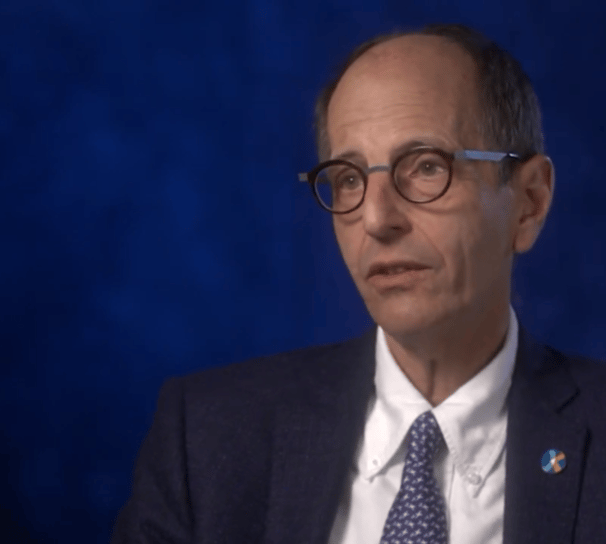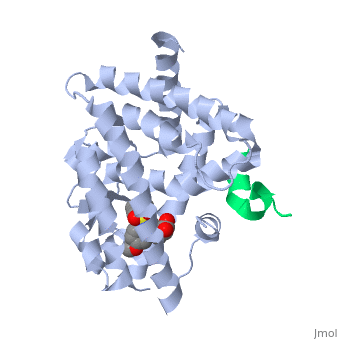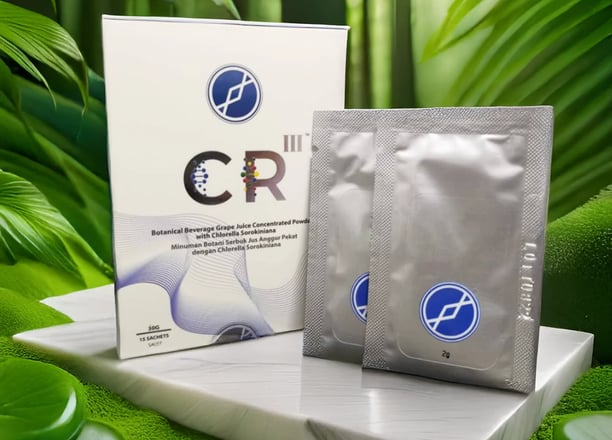About George Demetri, M.D.
He is a trailblazer in medical oncology, specializing in the treatment of rare cancers, particularly sarcomas. His groundbreaking work on peroxisome proliferator-activated receptor gamma (PPARγ) has redefined therapeutic strategies for aggressive tumors like liposarcoma. Recognized for translating laboratory discoveries into life-saving therapies, Dr. Demetri’s research bridges molecular biology and clinical care, offering hope to patients worldwide.


George Demetri, M.D.
Professor of Medicine, Harvard Medical School
Director, Sarcoma Center, Dana-Farber Cancer Institute
Internationally Recognized Oncology Pioneer
The Truth About PPAR-γ & Cancer
World-renowned oncologist Dr. George Demetri reveals a powerful medical discovery that could redefine cancer treatment. Watch how his work on PPAR-γ ligands changed everything.
Title
Dr. George D. Demetri, an oncology leader at Dana-Farber and Harvard Medical School, led a landmark human study demonstrating that PPARγ activation via the drug troglitazone could induce terminal differentiation in aggressive liposarcomas—a rare proof that a solid tumor can be made less malignant through reprogramming, not killing. Tumor cells accumulated fat, slowed growth (lower Ki-67), and expressed genes typical of healthy fat cells like aP2 and adipsin
Induction of solid tumor differentiation by peroxisome proliferator-activated receptor-γ agonists
Authors
George D Demetri , Christopher D M Fletcher , Elisabetta Mueller, Pasha Sarraf, Ryan Naujoks, Natalee Campbell, Bruce M Spiegelman, & Samuel Singer.
Journal
Proceedings of the National Academy of Sciences (PNAS) (1999)
PMID: 10097144


Method Used
Open-label Phase II clinical trial on patients with advanced liposarcoma
Daily troglitazone administration (800 mg)
Biopsies taken before and after 6 weeks
Analysis included:
Histology (fat accumulation & tumor morphology)
mRNA expression of differentiation markers
Ki-67 staining for cell proliferation
1H-NMR spectroscopy to detect lipid buildup in tumors
Key Discoveries from the 1999 Paper
Dr. Demetri’s work revealed its unexpected role in cancer biology: activating PPARγ forces malignant cells to mature into harmless fat cells, halting tumor growth.
Clinical Trial Breakthroughs
In patients with advanced liposarcoma, PPARγ activation reduced tumor proliferation markers (e.g., Ki-67) and induced lipid accumulation in cancer cells


Terminal Differentiation of Cancer Cells
PPARγ agonists reprogram liposarcoma cells to undergo adipogenesis. Tumors lose their aggressive traits, becoming metabolically inactive.


Mechanistic Insights
PPARγ activation suppresses oncogenic pathways while upregulating genes involved in cell cycle arrest and differentiation.


Why This Matters to Your Health
Cancer doesn’t have to be a death sentence. By forcing tumors to ‘grow up’ into harmless cells, we’re rewriting the rules of oncology.


Inspired by science
Trusted by results
Backed by nature
Inspired by this pioneering work, our product leverages natural PPARγ-activating nutrients—a safe and daily support system that promotes healthier cell function, metabolic regulation, and inflammatory control.
Unlike pharmaceuticals, our formula delivers gentle, plant-based PPAR ligands to support your body’s own repair and balance mechanisms.
